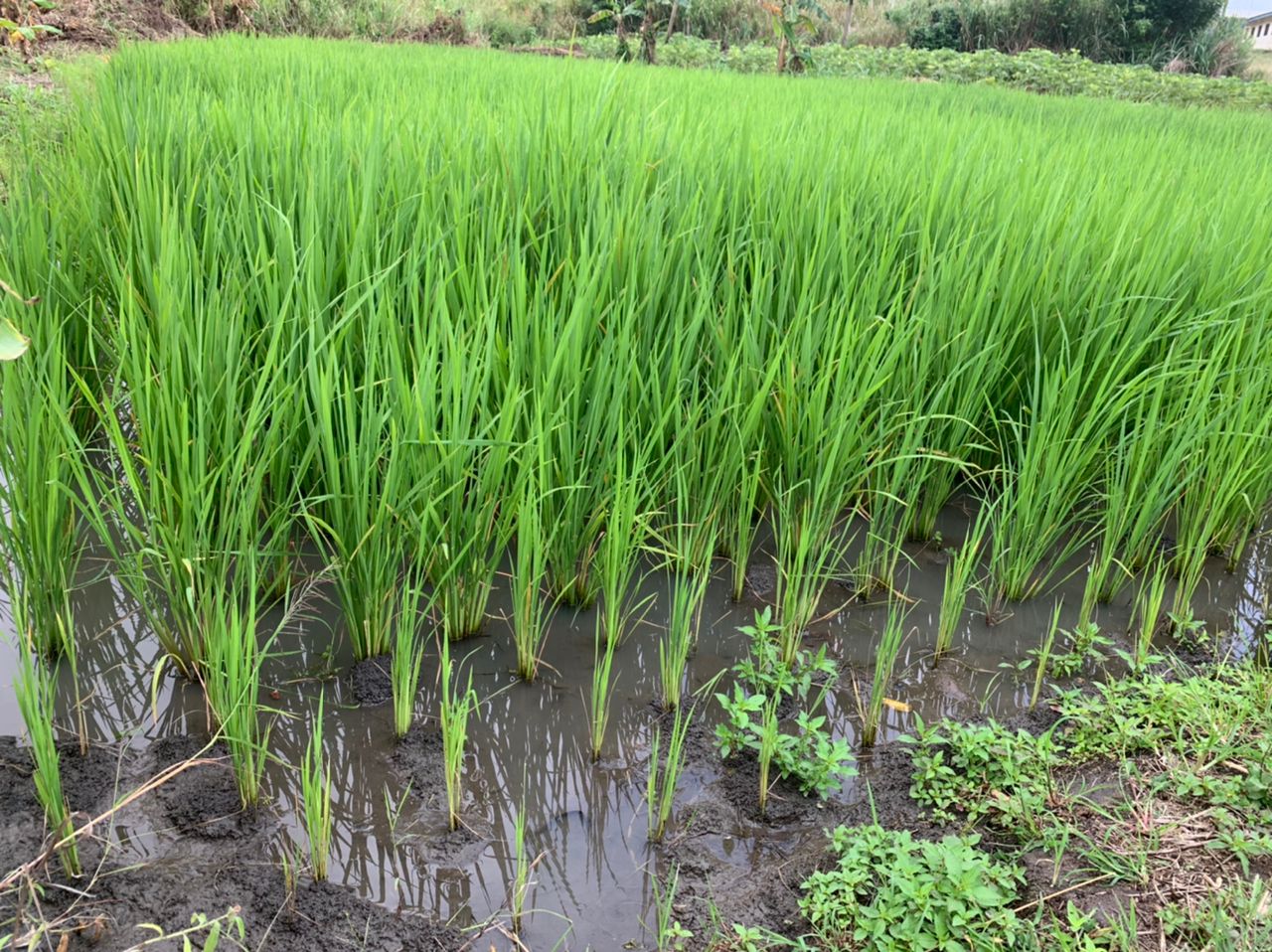In a significant stride towards revolutionising rice production, the Crop Research Institute of the Council for Scientific and Industrial Research (CSIR-CRI) has unveiled an innovative integrated pest management technology. This groundbreaking approach is poised to bring about a substantial reduction in the prevalence of pests and diseases in rice cultivation, marking a momentous step towards enhancing sustainable rice production in Ghana.
Read also: Nigeria, Ghana forge agricultural partnership for rice, wheat farming
Fighting Pests for Sustainable Rice Production
The introduction of this integrated pest and disease control management technology signals a promising advancement in the field of rice farming. As part of a broader strategy to combat pest infections in rice farms, CSIR is currently conducting pilot trials of this technology in rice demonstration farms across select rice-producing communities. This initiative is expected to yield significant results and, ultimately, contribute to increased and sustainable rice production in the country.
The development of this groundbreaking technology has been made possible through sponsorship by the Korea Programme on International Agriculture (KOPIA), Ghana Center. This technology falls under the umbrella of the “KOPIA Rice Diseases and Pests” project, which is dedicated to revolutionising pest and disease control in rice cultivation.
Dr. Kofi Frimpong Anin, a Senior Research Scientist at CSIR-CRI, emphasises the critical role of pest and disease management in rice production. Achieving self-sufficiency in rice production in Ghana demands effective integrated pest and disease management technologies that stand the test of time. These technologies play a pivotal role in enhancing rice yield and quality.
The journey towards developing this integrated pest management technology commenced in 2022 under the three-year KOPIA project. Pilot demonstration farms have been strategically established at key locations, including Offinso-Sakamu, Nobewam, and Bayerebon No.5. These farms serve as essential platforms for addressing the gaps in rice pest and disease control.
A Data-Driven Approach
At the inception of the project, researchers embarked on a comprehensive monitoring exercise, meticulously tracking pest and disease incidents throughout the entire rice cropping period. From the nursery stage to maturity and harvesting, no detail was too small to escape their attention. This meticulous study bore fruit as it unveiled various types of pests and diseases, pinpointed the stages of rice growth at which they appeared, and precisely identified the timing of crop infestations.
Armed with these invaluable insights, researchers set about developing an integrated management technology designed to effectively address the challenges posed by pests and diseases. This approach took into account a wide range of techniques, including seed selection, water management, fertiliser application, weed control, and the judicious use of chemicals for disease and pest management.
With the technology in hand, field trials were conducted, featuring plots that replicated existing farmer practices, control plots with no interventions, and plots applying the technology developed by CSIR-CRI. The results were nothing short of remarkable. Rice plants subjected to the CSIR-CRI technology demonstrated vigorous growth, forming numerous tillers—approximately 15, compared to as few as five in the case of traditional farmer practices. Furthermore, the grain yields from the CSIR-CRI technologies outstripped those from farmer practices and the control group by a substantial margin.
While these demonstrations are currently on a pilot basis, the researchers are committed to refining and expanding the technologies. With sufficient funding and resources, they plan to extend these innovations to other rice-producing regions across Ghana. This scalability holds the promise of making a significant impact on rice farming practices throughout the country, ushering in a new era of improved rice production.
Sahara Agriculture Expo showcases growing Sino-Egyptian agricultural collaboration
Empowering Women in Rice Farming
As the project unfolds, its positive influence is expected to reach beyond improved agricultural practices. Maame Akua Serwaa, a rice farmer in Bayerebon No. 5, underscored the passion of women in the area for rice farming. Women in these communities have long been enthusiastic about rice cultivation, and this initiative is set to empower them further. However, challenges such as limited resources have posed obstacles. The knowledge gained from the project is anticipated to provide female farmers with the tools and insights they need to effectively manage diseases and pests. As a result, they can look forward to significantly increased rice yields.




